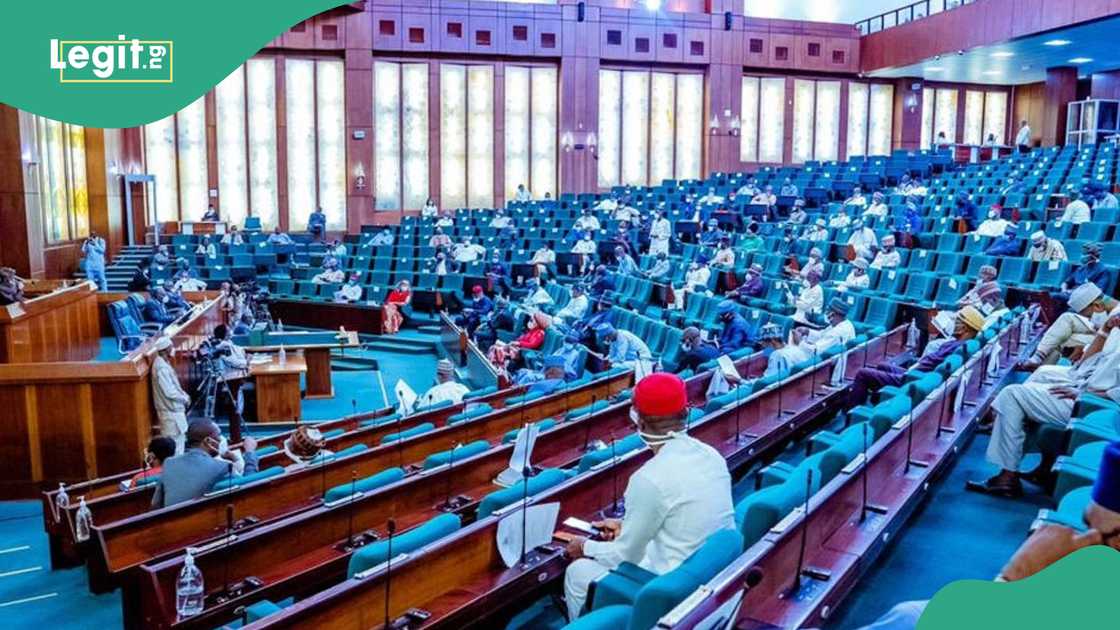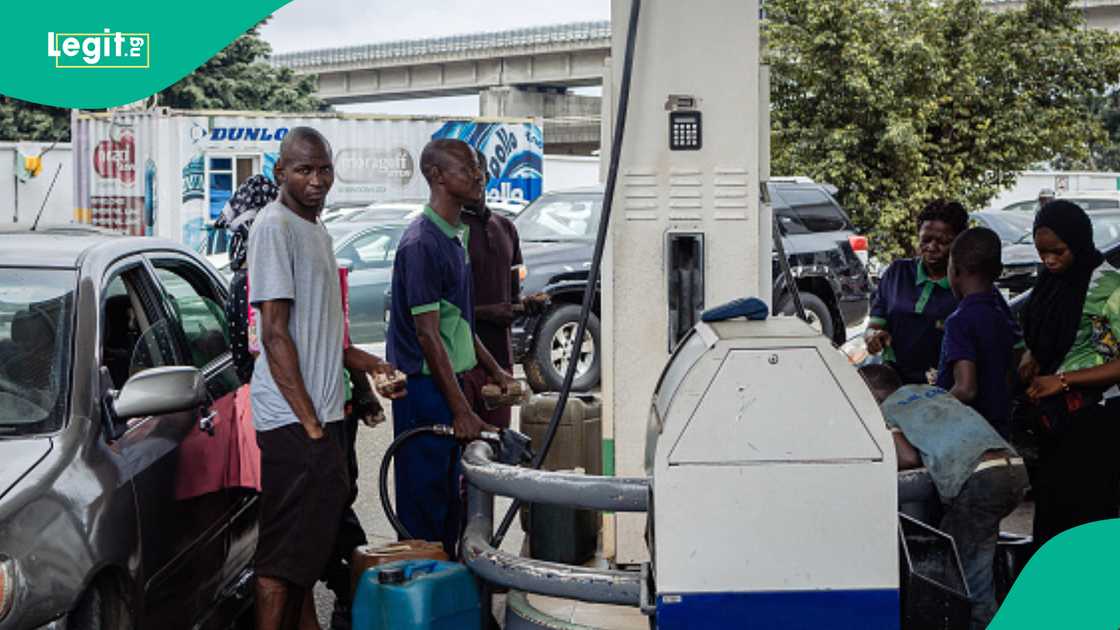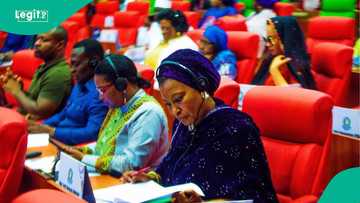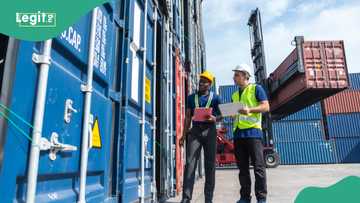Fuel Prices May Increase as Rep Seeks to Implement 5% Road User Charge
- The Managing Director of FERMA, Engr. Emeka Agbasi, was questioned by a House of Representatives ad hoc committee over non-compliance by government agencies in remitting the 5% road user charge
- The committee urged relevant authorities to provide data on petroleum imports and revenue from the charge, highlighting the urgent need for funding to improve Nigeria’s deteriorating roads
- Officials, including the Minister of State for Works, stressed that the user charge is vital for financing road repairs, while several agencies were asked to submit documents on their collection of the fee at a follow-up meeting
Legit.ng journalist Zainab Iwayemi has 5-year-experience covering the Economy, Technology, and Capital Market.
The Managing Director of the Federal Roads Maintenance Agency (FERMA), Engr. Emeka Agbasi, has been questioned by an ad hoc Committee of the House of Representatives regarding non-compliance by Ministries, Departments, and Agencies (MDAs) of the Federal Government of Nigeria (FGN) concerning the remittance of a 5% user charge on petroleum products.

Read also
FG takes action to end cybercrime in Nigeria’s banking sector, sets date to launch unified framework

Source: Getty Images
At the National Assembly, the MD of FERMA and other government organisations involved in the oil industry were questioned by the chairman of the House Committee, Hon. Francis Waive, and other committee members.
According to the head of the House subcommittee, the public has consistently expressed concern about the 5% user charge on petroleum supplies used for road maintenance. He added that everyone in Nigeria should be concerned about the condition of the country’s roads.
He urged the appropriate oil and gas industry authorities to provide the investigative panel with information on the volume of petroleum products imported since the FERMA Act 2007’s inception, as well as the revenue generated from the 5% user charge.
Engr. Emeka Agbasi, the agency’s managing director, responded by saying that the agency has been waiting for the implementation of the 5% user charge for the past eighteen years. He lamented that there is insufficient funding for the agency to address the poor state of the road sector, adding that the implementation of the 5% user charge on petroleum products will have a huge impact on the road sector.
He said that many government agencies are not compliant with the provisions of the FERMA Act 2007 on the road user charge, adding that this is not new and is applicable in other countries.
Daily Sun reported that during a presentation, Bello Mohammed Goronyo, the Minister of State for Works, also stated that repairing 36,000 square kilometres of roads across the country requires 880 billion naira every year. According to him, the 5% user fee was created as a long-term financing source to address the nation’s poor road conditions.

Source: Getty Images
Members of the House ad hoc Committee, including Hon. Dauda Yanpan, demanded documents from the appropriate agencies responsible for regulating the oil industry regarding their collection of the five percent user fee for road maintenance.
The Nigerian National Petroleum Corporation Ltd, the Federal Ministry of Finance, the Federal Ministry of Petroleum Resources, the Office of the Attorney-General of the Federation, the Minister of Justice, and oil trading companies were also invited by the chairman of the House Committee to submit their documents on the 5% user charge at the panel’s subsequent meeting.
Nigeria has cheapest petrol in West Africa in 2025
Legit.ng reported that Petrol prices in West African countries show a massive disparity in 2025, with Nigeria having the lowest cost at $0.55 or N870 per litre.
Despite fuel subsidy removal in 2023, Nigeria’s growing refining capacity, especially the massive Dangote Refinery, has helped to stabilise prices.
In contrast to other West African countries such as Mali and Sierra Leone, where petrol imports have continued, petrol prices have soared, widening the price gap and reshaping household spending and regional fuel trade dynamics.
Source: Legit.ng



